Religion
In this section religions, religious belief and many elements of religiosity are explored and discussed. Early pagan beliefs in Britain and Ireland to the worship of gods across Europe are explored as are the religious changes that monotheism introduced. How religion affects themes of power, individuality and architecture are debated as are key historical movements such as the Reformation and the crusades.
Sort by:
Date (Newest first) | Title A-Z
Show:
All |
Articles |
Podcasts |
Multipage Articles
-
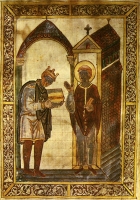
Bede's Ecclesiastical History of the English People
ArticleClick to view -

Beware the serpent of Rome
ArticleClick to view -
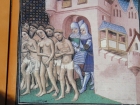
Cathars and Castles in Medieval France
ArticleClick to view -

Christopher Hill: Marxism and Methodism
ArticleClick to view -
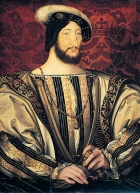
Francis I and Absolute Monarchy
ArticleClick to view -
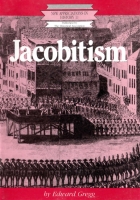
Jacobitism
ArticleClick to view -
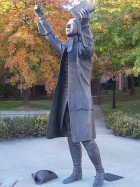
John Wesley at 300
ArticleClick to view -
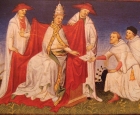
Papal Election and Murder
ArticleClick to view -
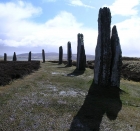
Prehistoric Scotland
ArticleClick to view -

Protestantism and art in early modern England
ArticleClick to view -

Puritan attitudes towards plays and pleasure in the Age of Shakespeare
ArticleClick to view -
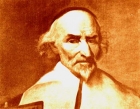
Regional Aspects of the Scottish Reformation
ArticleClick to view -
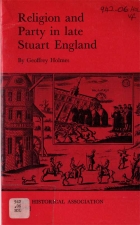
Religion and Party in Late Stuart England
ArticleClick to view -
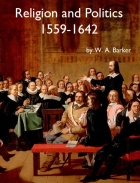
Religion and Politics 1559-1642
ArticleClick to view -

Religion and Science in the Eighteenth Century
ArticleClick to view -
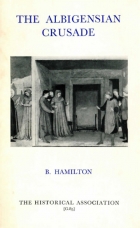
The Albigensian Crusade
ArticleClick to view -

The Byzantine Empire on the Eve of the Crusades
ArticleClick to view -
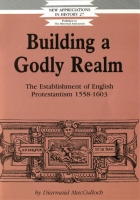
The Establishment of English Protestantism 1558-1608
ArticleClick to view -
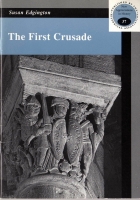
The First Crusade
ArticleClick to view -
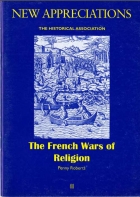
The French Wars of Religion
ArticleClick to view

